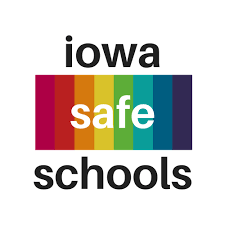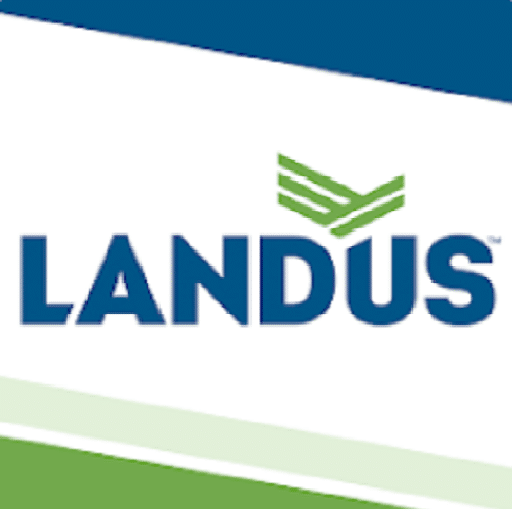SEC broadens definition of ‘accredited investor’ to include securities license holders

The Securities and Exchange Commission on Wednesday expanded the pool of sophisticated investors who can purchase unregistered securities, a move that drew criticism from the two Democratic SEC members and investor advocates, Investment News reported. Under the rule, which was approved 3-2, the definition of an accredited investor is enlarged to include people who have professional certifications such as securities licenses, as well as employees of a private fund who invest in that fund. Limited liability companies and family offices with at least $5 million in assets, Indian tribes and spouses of accredited investors can now also be considered accredited investors, as well as anyone holding Series 7, Series 65 or Series 82 securities licenses. The SEC said it could add more certifications, designations or credentials in the future. Under current rules, people must have $1 million in net worth beyond the value of a home or earn $200,000 or more annually to qualify as accredited investors to buy unregistered securities, or private placements. The amendments represent years of effort by the SEC in analyzing approaches to revise the definition, SEC Chairman Jay Clayton said in a statement. “For the first time, individuals will be permitted to participate in our private capital markets not only based on their income or net worth, but also based on established, clear measures of financial sophistication.”









